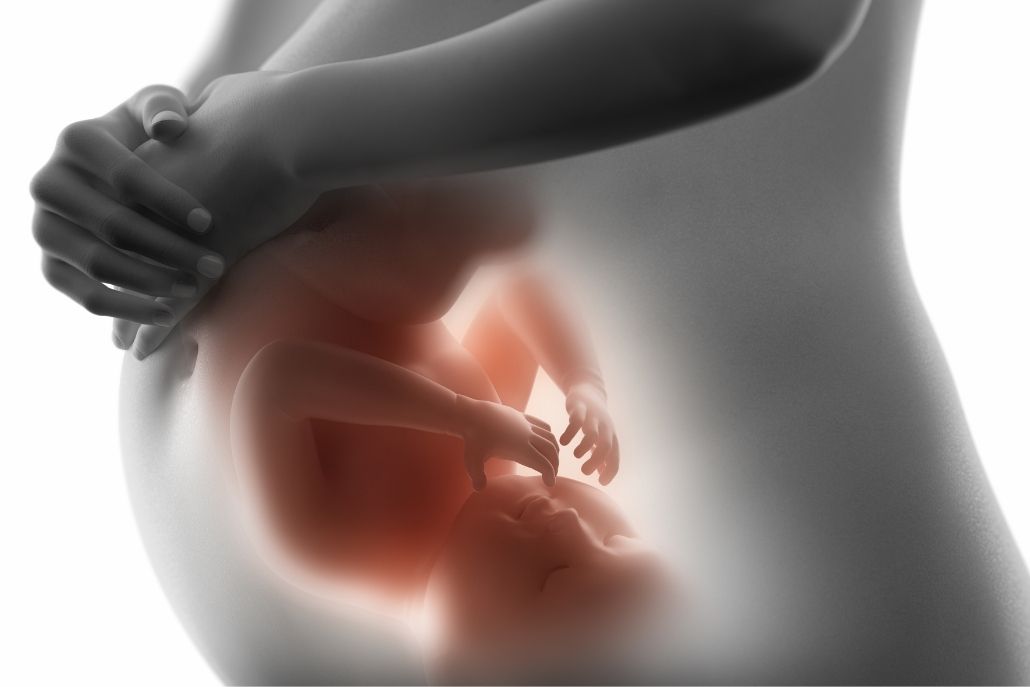If you haven’t already, you may find a wealth of information on pregnancy on the Internet, in books, and from family and friends. It may be, to put it mildly, overwhelming. How can you determine what’s best for your child and yourself? Fortunately, Pomona Valley Health Centers’ physicians have compiled a list of the ten most important things to know in order to have a safe pregnancy.
9 Tips for a Healthy Pregnancy
We understand you want to do what’s best for you and your baby during your pregnancy. Here are our essential tips to help give your baby a great start to life:
Get early prenatal care
If you are planning to start a family, or have just found out that you are expecting, good prenatal care is essential for you and your baby. Finding a primary care doctor or OB-GYN with expertise in prenatal care is a great first step.
During your first visit, your doctor will be able to confirm your pregnancy and screen for certain medical conditions that could lead to complications.
Maintain a healthy diet
While it’s okay to occasionally give in to your cravings during pregnancy, it’s important to keep in mind that you typically only need an additional 300 calories per day. Make sure you are getting enough protein and calcium each day and avoid deli meats to prevent yourself from consuming bacteria that could harm your baby.
Take prenatal vitamins
Ask your doctor which prenatal vitamins are best for you and your baby, particularly how much folic acid and calcium you’ll need. Prenatal vitamins ensure you are giving your baby the important vitamins and nutrients it needs, like folic acid, iron, calcium and DHA. These vitamins play an important role in bone, vision and brain development.
Exercise regularly
Regular daily exercise increases your chance of having a vaginal delivery and helps you manage the common discomforts of pregnancy. Exercise can also aid in postpartum recovery. However, if you did not exercise regularly before becoming pregnant, check with your doctor before starting an exercise regimen.
Listen to your body
The first and third trimesters come with fatigue, which is your body’s way of telling you to take it easy. So, listen to your body and sit back with a good book or take a nap when you are feeling tired.
Eliminate alcohol and limit caffeine
It’s important to take good care of your body during pregnancy. We recommend you avoid alcohol, limit your caffeine intake and steer clear of any nonprescription drugs throughout your pregnancy. Indulging in alcohol can adversely affect your baby’s brain or spinal development, too much caffeine has been linked to a higher instance of miscarriage, and nonprescription drugs can lead to birth defects or behavioral problems.
Limit your exposure
If you work around chemicals or other substances known to cause birth defects, it’s important to take the necessary steps to protect your baby. It’s also important to use non-toxic household cleaning solutions throughout your pregnancy to limit your risk of exposure.
Visit your dentist
Hormonal shifts during pregnancy can leave you with an increased risk of gingivitis. Increased progesterone and estrogen levels interact with the bacteria in plaque, leading to swollen, tender or bleeding gums.
Wear sunscreen
Your skin is more susceptible to sunburn and chloasma (dark, blotchy spots on the face) when you are pregnant, so it’s important to apply a sunscreen that is at least SPF 30 or higher and avoid tanning beds.

